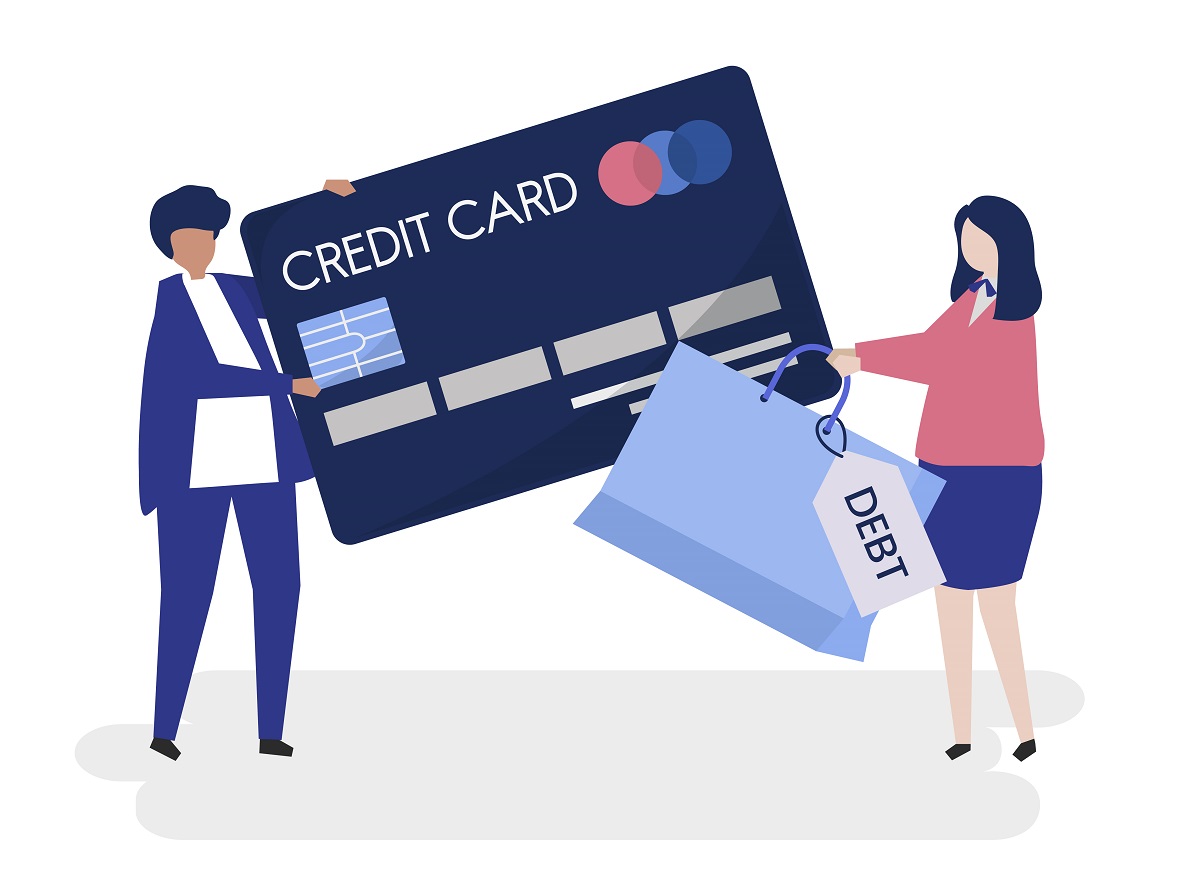With inflation putting pressure on people’s budgets and raising concerns about a prolonged recession, U.S. consumers are once again adding new credit card debt by the billion, racking up $67.1 billion during Q2 2022, according to WalletHub’s latest Credit Card Debt Study, released Sept. 12. That is an all-time record for credit card debt added during the second quarter of a year, and WalletHub now projects that consumers will add a total of $110 billion in debt during 2022.
This new debt is also likely to become even more expensive soon, with the Federal Reserve expected to raise its target rate by 75 basis points on September 21. WalletHub anticipates this will cost people with credit card debt an extra $5.3 billion over the next 12 months.
In addition, the rise in debt is not uniform across the country, as some areas have bigger payment problems than others. With that in mind, WalletHub compared all the states based on how much residents owe to credit card companies – specifically, how those balances changed in Q2.
States with the biggest debt increase include California, Texas, Florida, New York and Illinois. And states with the smallest debt increase include vermont, wyoming, North Dakota, South Dakota and Alaska.
Study Key Stats
Record Q2 Increase. Credit card debt increased by almost $67.1 billion during Q2 2022, an all-time record for the second quarter of the year.
Bigger-Than-Normal Buildup. Consumers’ Q2 2022 credit card debt increase was 3.5X bigger than the post-Great Recession average for a second quarter.
Record Annual Projection. WalletHub projects that consumers will end the year with roughly $110 billion more in credit card debt than they started with, which would be close to an annual record.
Fed Rate Hike Survey Key Findings
More Costly Debt. A Federal Reserve interest rate increase on September 21 would cost people with credit card debt an extra $5.3 billion in the next year alone. That’s on top of the $15.3 billion increase already caused by the Fed’s previous rate hikes this year.
Inflation Concerns. 85% of Americans are concerned about inflation right now.
Fed Increases Affecting Wallets. 63% of people say their wallets have been affected by the Fed’s rate hikes this year.
Monthly Expenses Affected. 62% of people say inflation has affected their monthly grocery expenses the most, followed by gas (32%) and housing (6%).
Government Intervention at the Pump. 71% of people think the government should put a cap on gas prices.
Not Recession-Ready. 44% of people do not think they are financially prepared for a recession.
High Inflation Preferable to High Unemployment. 56% of Americans say they would prefer high inflation over high unemployment.
Q&A
Why are credit card debt levels rising so much?
“Credit card debt levels are rising at a record pace in large part due to the combination of high inflation, pent up demand, and consumers settling back into bad habits from before the pandemic,” said Delaney Simchuck, WalletHub analyst. “Many people have let their guard down after pinching pennies at the height of the pandemic, especially given the record employment levels we’re currently enjoying.”
What do the latest credit card debt statistics tell us about the health of U.S. consumers?
“The latest credit card debt statistics indicate that the average U.S. consumer’s financial situation has the potential to get much worse before getting better. As unemployment rates start to rise, people will find themselves with more and more debt, and if prices remain high, a lot of us will have trouble making ends meet,” said Delaney Simchuck, WalletHub analyst.
What is the average household’s credit card balance?
“The average household credit card balance was $8,942 in the second quarter of 2022, according to a new WalletHub study, or about 4% higher than it was in the second quarter of 2021,” said Delaney Simchuck, WalletHub analyst. “Credit card debt is still well below the average household’s breaking point, but we can expect to be a lot closer by the end of the year.”
How are Fed rate hikes affecting people?
“A new WalletHub survey found that 63% of people say their wallets have been affected due to the increase in Fed rates this year,” said Delaney Simchuck, WalletHub analyst. “The cost of Fed rate hikes is obvious to people with credit card debt, who start feeling the pain immediately, and millions of Americans are in that boat.”
Are people currently worried about inflation?
“Roughly 85% of Americans are concerned about inflation right now, according to a new WalletHub survey, which shouldn’t be much of a surprise considering the news coverage inflation has received as well as the daily reminders we get when doing things like checking out at the grocery store and paying for gas,” said Delaney Simchuck, WalletHub analyst. “Most people still recognize that things could be worse. For example, 56% of Americans say they would prefer high inflation over high unemployment.”
What advice do you have for people trying to get rid of credit card debt?
“If your goal is to get out of credit card debt, try to limit your new purchases to only absolute necessities, put any money you have left over toward paying off your most expensive debt, and transfer at least some of what you owe to a 0% balance transfer credit card. A good balance transfer card will stop new interest from accruing for months, making it easier to pay down what you already owe,” said Delaney Simchuck, WalletHub analyst. “WalletHub’s balance transfer calculator makes it easy to pick the right card, plan out your payments, and maximize how much you save.”
Which areas of the country are doing the best and the worst when it comes to credit card debt?
“California, Texas and Florida have seen credit card debt levels increase the most in recent months, while debt accumulation has a much slower pace in Vermont, Wyoming and North Dakota,” said Delaney Simchuck, WalletHub analyst.
Survey reports record Q2 credit card debt



